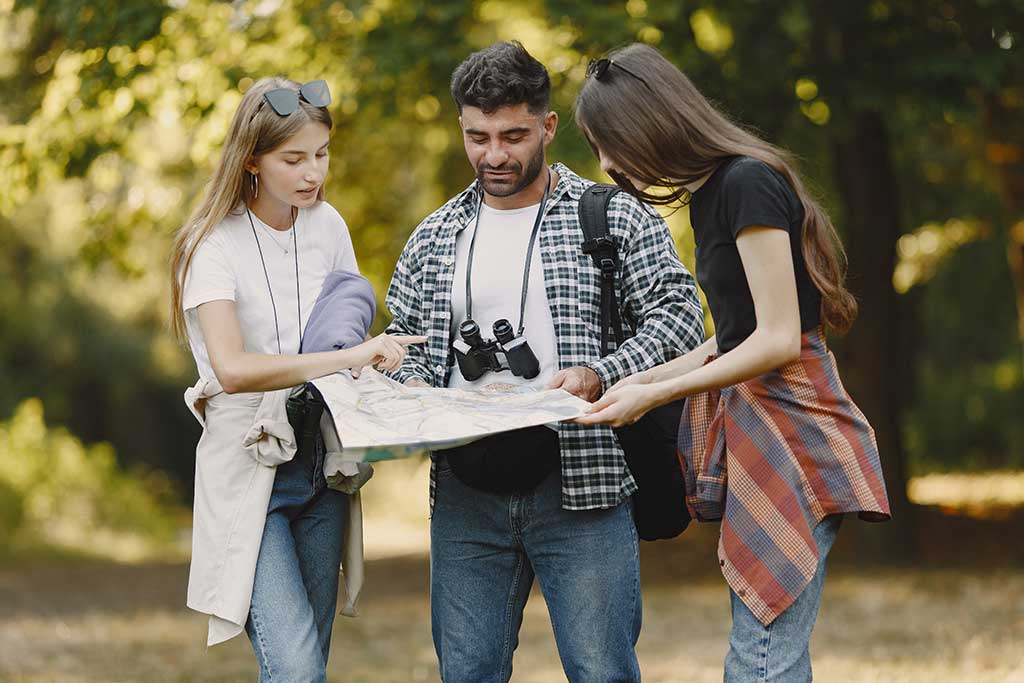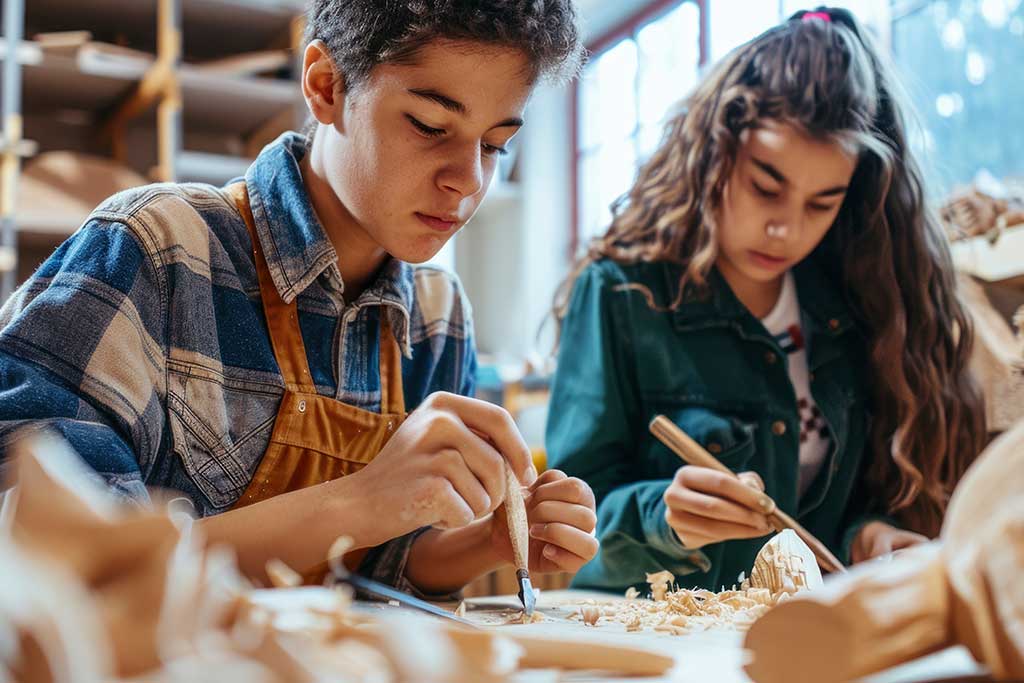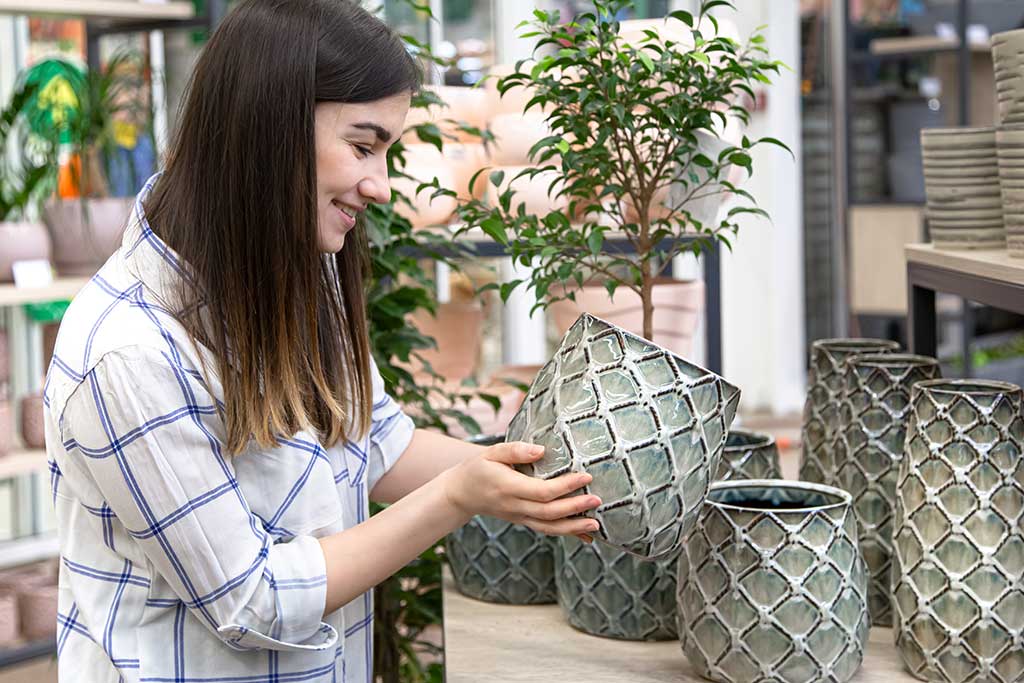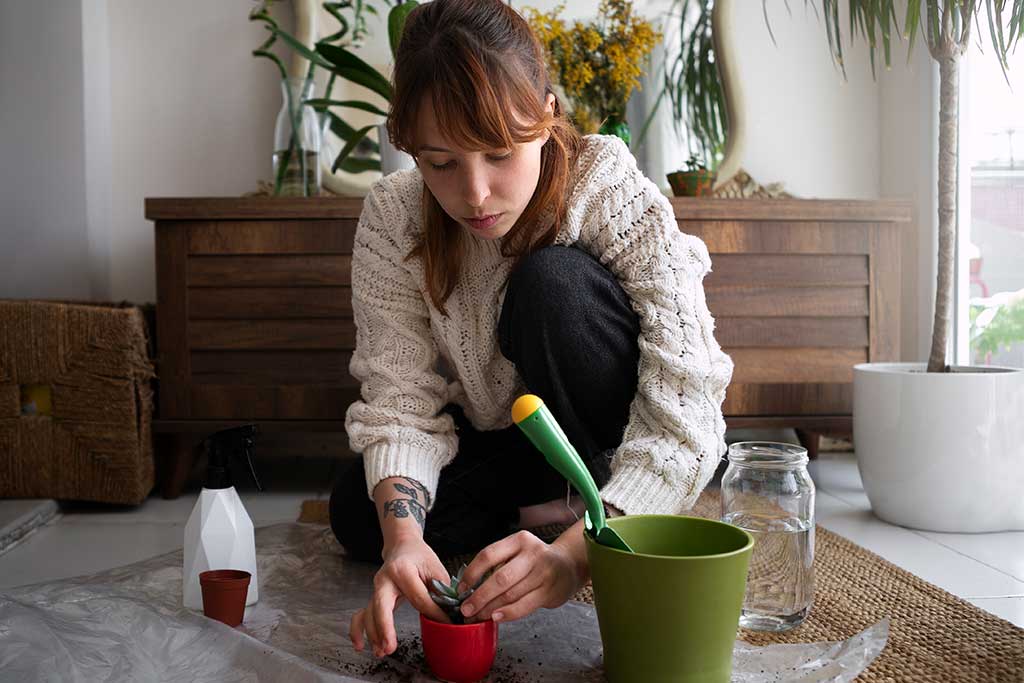Now Reading: More Than a Vacation: What is Cultural Travel and Why It Will Change You
-
01
More Than a Vacation: What is Cultural Travel and Why It Will Change You
More Than a Vacation: What is Cultural Travel and Why It Will Change You
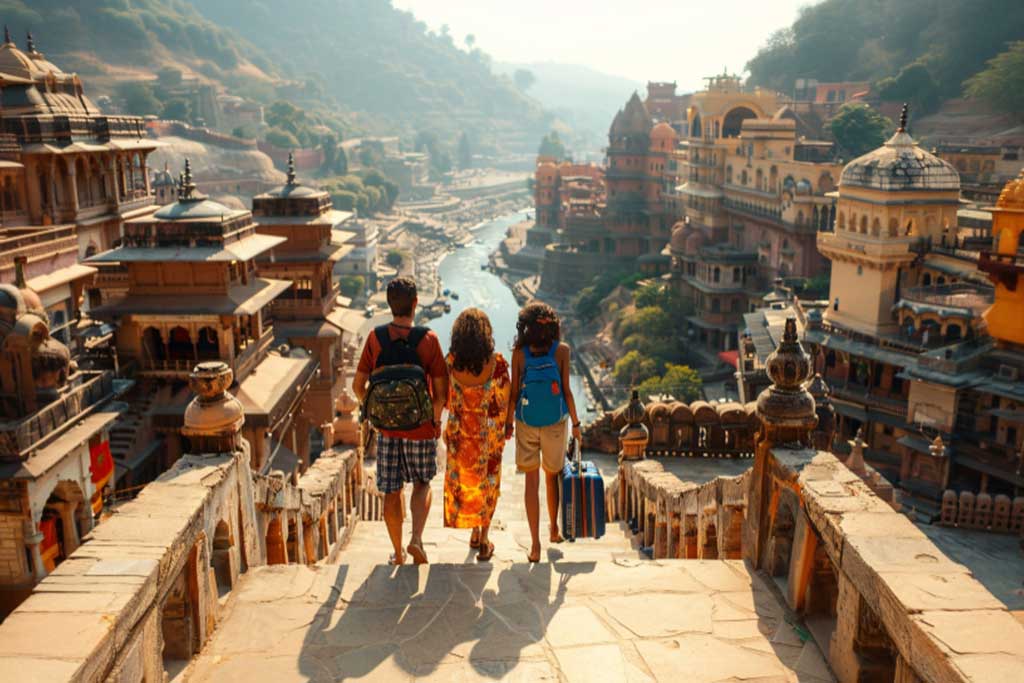
Cultural travel is more than a vacation; it’s a meaningful journey into the heart of a place. It moves you from being a tourist who just sees sights to becoming a guest who connects with local life. It’s about understanding people through their food, history, music, and daily traditions. This style of travel builds bridges of respect and empathy, revealing our shared humanity. By traveling with curiosity and an open mind, you don't just visit a new destination—you let it change you, bringing a richer understanding of the world back home.
We all love the idea of a vacation. It makes us think of leaving our everyday lives behind. We imagine resting on a sunny beach, seeing a famous monument, or taking a picture in front of a well-known landmark. These are wonderful ways to relax and have fun. But there is another way to see the world. It is a deeper, richer, and more meaningful way to travel. This is called cultural travel.
Beyond the Sightseeing Checklist: What is Cultural Travel, Really?
So, what exactly is cultural travel? At its heart, cultural travel is not just about seeing a new place. It is about feeling it and understanding it. It is about stepping out of the role of a tourist, who just looks at things from the outside, and stepping into the role of a guest, who is welcomed into a new way of life for a little while. It is the difference between looking at a painting and learning the story behind it from the artist. One is nice to look at, but the other touches your heart and stays in your memory forever.
Connecting with the Soul of a Place
Cultural travel is about connecting with the soul of a place. Every town, city, and country has its own unique personality. This personality is shaped by its culture. Culture is the invisible fabric that holds a community together. It is made up of the local food, the music, the traditions, the history, the language, the beliefs, and the daily habits of the people who live there. A cultural traveler wants to gently touch and understand that fabric.
A Shift in Mindset: From Tourist to Guest
Imagine you are visiting a small village in the mountains. A regular tourist might drive through, take a few photos, and leave. A cultural traveler would stay for a while. They would wake up to the sound of the village coming to life. They might watch how the local baker makes bread in an old, traditional oven. They could try to learn a few words of greeting from the children playing in the square. They would listen to the stories of the elders about how the village has changed over the years. This traveler is not just observing; they are participating. They are building a bridge of understanding between their own world and this new one.
It’s Not About Distance, It’s About Depth
You do not have to travel to a faraway, exotic land to be a cultural traveler. Cultural travel can happen just a few hours from your own home. Perhaps there is a neighborhood in your nearest city where people from another country have settled. By visiting their markets, eating in their family-run restaurants, and attending a local festival, you are being a cultural traveler. It is all about your mindset. It is about curiosity and respect. It is about wanting to learn how other people live, love, celebrate, and overcome challenges.
A Taste of Culture: Food as a Story
One of the most beautiful parts of cultural travel is how it changes your view of food. Food is so much more than just something we eat to stop being hungry. It is a story on a plate. Every recipe has a history. Every spice has traveled across trade routes. The way a meal is prepared and shared tells you about family, community, and what people find important. Instead of just eating at a fancy restaurant, a cultural traveler might take a cooking class from a local grandmother. They will learn not just the recipe, but also the stories and the love that go into the food. They might visit a morning market to see the fresh, local ingredients and feel the energy of the people shopping for their families.
Walking Through Living History
History also comes alive when you travel culturally. Reading about ancient ruins in a book is one thing. But walking through them with a local guide whose ancestors built them is a completely different experience. They can tell you the legends, the secrets, and the true-life dramas that happened on that very ground. You stop seeing just old stones and start seeing a living, breathing city from the past. You understand the triumphs and the heartbreaks that shaped the people who live there today.
The Local Rhythm: Music, Art, and Craft
Another wonderful part of this journey is connecting with local art and music. Art is the voice of a culture. It expresses feelings and ideas that are sometimes hard to put into words. A cultural traveler might skip the big, commercial art museum sometimes to visit a small workshop where a potter creates pottery in a way that has been passed down for generations. They might listen to traditional folk music in a small pub instead of a big concert hall. This music, with its unique instruments and melodies, can tell you about the joy, the sadness, and the spirit of the people.
The Human Connection: The Heart of Cultural Travel
But the most important part of cultural travel, without a doubt, is the connection with people. The world is full of news and stories that can sometimes make us feel divided from others. Cultural travel breaks down these walls. When you sit down and share a meal with someone, when you laugh together over a language mistake, or when you accept a kindness from a stranger, you realize a very simple but powerful truth. Underneath our different clothes, languages, and customs, we are all human. We all want safety, happiness, and a good future for our children. Making a personal connection with someone from another culture is the best way to build peace and understanding in the world.
Traveling with Respect: The Responsibility of a Guest
Of course, to be a good cultural traveler, we must travel with respect. We are guests in someone else’s home. This means we should try to learn a little about their customs before we go. For example, we should know how to dress properly when visiting a temple or a mosque. We should know if it is polite to shake hands or not. We should always be polite and patient, especially when there is a language barrier. A smile is a universal language that everyone understands. We should also try to support the local community by buying from local artisans and eating at local restaurants.
Your Journey Awaits
Cultural travel is an adventure that changes you from the inside out. It makes the world feel both larger and smaller at the same time—larger because you see its incredible diversity, and smaller because you feel more connected to everyone in it. So, on your next trip, big or small, try to look beyond the guidebook. Be curious, be open, and be respectful. You might just find that the most beautiful sight you see is not a famous landmark, but a new understanding, a new friend, and a new piece of the world that you can carry home in your heart.
Stay Informed With the Latest & Most Important News
Previous Post
Next Post
-
 01Does Free Money Exist? The Real Story of How Your Passive Income Gets Taxed in India
01Does Free Money Exist? The Real Story of How Your Passive Income Gets Taxed in India -
 02Your Journey to Financial Freedom: A Simple Guide to Building Passive Income in India
02Your Journey to Financial Freedom: A Simple Guide to Building Passive Income in India -
 03Beyond the First Rupee: Building Your Personal System for Passive Income Success in India
03Beyond the First Rupee: Building Your Personal System for Passive Income Success in India -
 04Your Extra Income Journey: Top Side Hustles to Boost Your Earnings in India
04Your Extra Income Journey: Top Side Hustles to Boost Your Earnings in India -
 05The Right Way for Kids to Learn Technology: A Guide for Indian Parents
05The Right Way for Kids to Learn Technology: A Guide for Indian Parents -
 06A New World at Your Fingertips: A Simple Guide to Technology Tutorials for Seniors
06A New World at Your Fingertips: A Simple Guide to Technology Tutorials for Seniors -
 07Your Guide to Learning Technology in 2025: Simple, Smart, and Effective
07Your Guide to Learning Technology in 2025: Simple, Smart, and Effective















